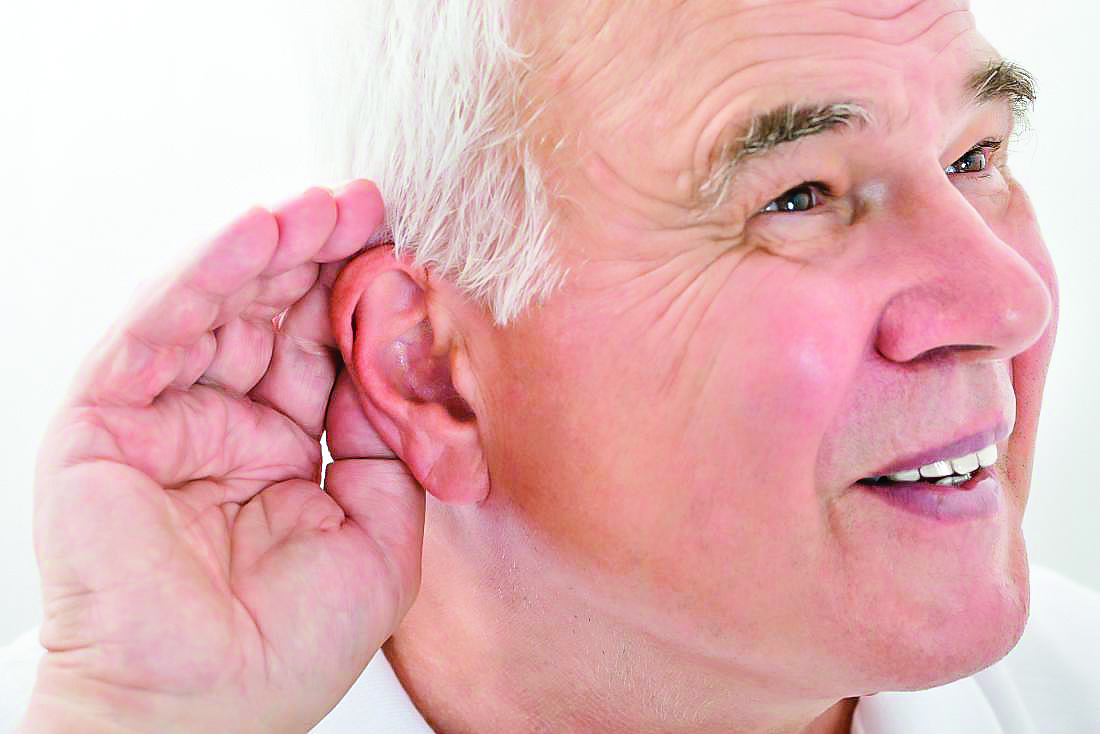Hearing loss is a common condition that develops in older people. According to data from the National Institute on Deafness and Other Communication Disorders, about 5% of people in the age group of 45-54 suffer from hearing loss. The number keeps increasing with age, reaching 55% of people beyond the age of 75.
Hearing loss, which results from age-related deterioration of the inner ear, is not just limited to hearing inability but also leads to mental health issues in older adults. People suffering from hearing impairments often face difficulty communicating with others, leading to limitations while doing social interaction. Thereby, it impacts their overall quality of life.
Hearing impairment makes it difficult to hear and understand speech, especially in a noisy environment or in a group conversation. In addition, there are times when elders with hearing loss might misinterpret conversations, leading to misunderstandings.
Accounting for discontentment, they start avoiding socializing and withdraw themselves from gatherings, outings, and meetings with people. During such scenarios, it is largely found that patients develop feelings of isolation and loneliness. As a result, hearing loss, if left unattended, fosters feelings of loneliness, increasing the probability of slipping into depression over a period of time. The ageing population finds it difficult to converse and often relies on their family members to communicate effectively.
All the factors can, together, severely take a toll on the emotional and psychological well-being of the person. Dealing with the struggles of hearing and communicating daily makes a person susceptible to low confidence and self-esteem. As a result, difficulty in understanding speech and engaging in conversations can be a source of immense stress and anxiety among elderly people. Things can further take an ugly turn when chronic feelings of isolation, loneliness, and frustration contribute to depression in adults with hearing loss.
Apart from social disadvantages, hearing loss can give rise to serious health conditions. Understanding that older adults with hearing loss spend more cognitive resources on comprehending speech, resulting in cognitive fatigue and reduced cognitive function. Moreover, studies have shown a link between untreated hearing loss and an increased risk of cognitive disorders, such as dementia.
Hearing impairment may impact memory recall, as auditory information is crucial for forming memories and associations.
It may affect the brain’s ability to process auditory information, which impacts memory and learning abilities to perform well. In addition to this, people suffering from hearing loss are prone to an increased risk of falls and accidents. Hearing impairment makes it difficult to hear alarms, warnings, and other environmental sounds which can compromise their safety in public places. Therefore, making use of HearClear devices can significantly help in alleviating hearing impairment.
Therefore, hearing impairment in old age is more than just a physical condition; it has significant implications for mental health and overall well-being. Audiologists play a crucial role in identifying and addressing hearing loss through comprehensive hearing assessments and appropriate interventions, such as hearing aids and assistive listening devices. By addressing hearing loss, audiologists can help improve communication, enhance social interaction, and mitigate the negative impact on mental health in older adults. Early intervention is key to preserving cognitive function, reducing social isolation, and promoting a better quality of life as individuals age.
The author is the Founder & Managing Director of HearClear.























